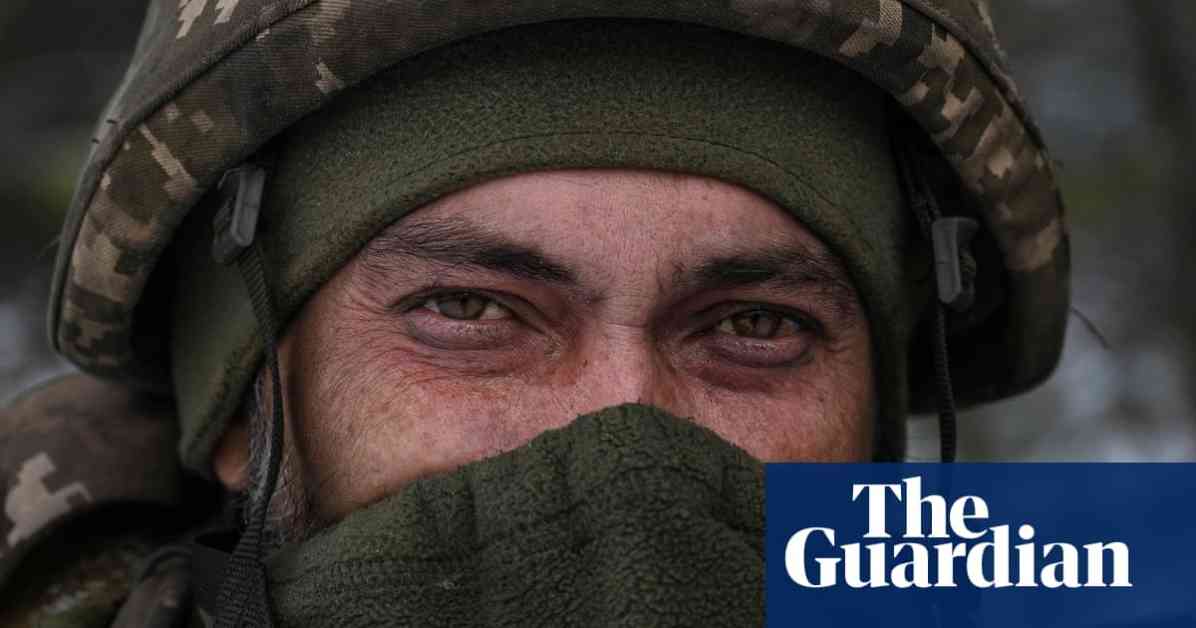Europe has taken the lead in providing military aid to Ukraine amidst changes in the Trump administration, as reported in a local newspaper. Germany’s defense minister, Boris Pistorius, announced that a new Nato mission based in Wiesbaden will oversee the coordination of western military assistance for Ukraine starting in January. This initiative, known as NSATU (Nato Security Assistance and Training for Ukraine), has been in the works for months and aims to protect the aid mechanism from potential interference by Donald Trump.
Pistorius emphasized that European nations are committed to ramping up military support for Ukraine during discussions with defense ministers from Britain, France, Italy, and Poland in Berlin. The goal, according to Pistorius, is to empower Ukraine to operate from a position of strength in the face of escalating Russian aggression.
The Polish defense minister, Wladyslaw Kosiniak-Kamysz, echoed Pistorius’s sentiments, stressing the need for increased efforts from Europe in aiding Ukraine and bolstering its own security. He emphasized the importance of higher spending and raising awareness among European societies about the current geopolitical climate.
Recent reports indicate that Russian forces have been making significant advances in Ukraine, particularly in the strategic town of Kurakhove. Analysts have noted that Russian troops are exploiting vulnerabilities in Ukrainian defenses, with gains also reported near Vuhledar and Velyka Novosilka in the Donetsk region. The fall of Pokrovsk, a crucial logistical hub in Donetsk, has been anticipated for months, but Ukrainian forces have managed to hold off the Russian onslaught, resulting in heavy casualties for the invaders.
Overnight airstrikes by Russian forces damaged essential infrastructure in the western Ukrainian city of Ternopil, causing disruptions to electricity, water, and heat supplies. Emergency services are working to restore water supply, although power outages are expected to persist for several hours. Furthermore, Russian attacks targeted the capital city of Kyiv, with Ukrainian air defense units successfully intercepting over 10 Russian drones.
In other regions of Ukraine, such as Kharkiv and Odesa, Russian strikes have resulted in numerous casualties and extensive damage to buildings and infrastructure. Additionally, the recent crash of a DHL cargo plane in Lithuania has raised suspicions of sabotage, prompting investigations into potential foul play or hybrid incidents aimed at disrupting air transportation.
On the international front, the EU is considering sanctions against Chinese firms allegedly involved in aiding Russian companies to develop attack drones used in the conflict. The European Commission is also exploring restrictions on Russian oil tankers to prevent circumvention of existing sanctions. Meanwhile, the British government has pledged support for a former British soldier captured by Russian forces while reportedly fighting as a volunteer for Ukraine.
Amidst these developments, concerns have been raised about misinformation and propaganda surrounding the conflict in Ukraine. Former world heavyweight boxing champion Wladimir Klitschko criticized podcaster Joe Rogan for allegedly perpetuating Russian propaganda by suggesting that Ukrainian President Volodymyr Zelenskyy’s actions could lead to a global conflict. Klitschko called for open dialogue on the issue and urged Rogan to reconsider his stance on the situation in Ukraine.












